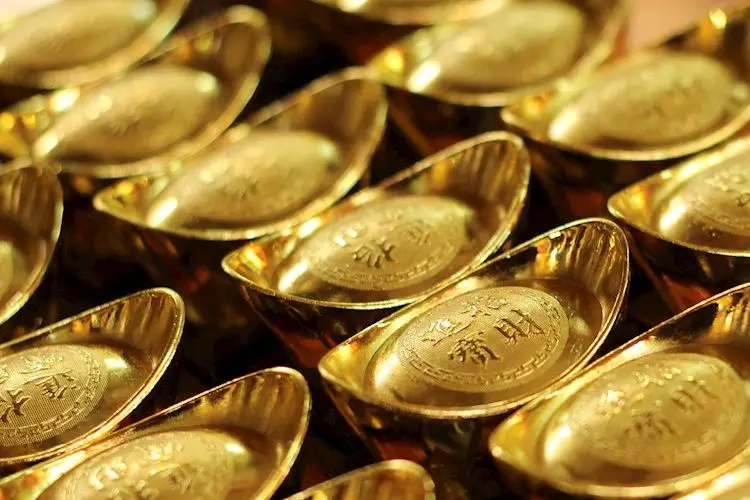In the ever-evolving financial landscape, gold continues to hold its ground as a significant asset, particularly in the Kingdom of Saudi Arabia as of Tuesday. Recent reports indicate a notable increase in gold prices, with the price per gram rising to 318.09 Saudi Riyals (SAR), up from 317.09 SAR the previous day. Additionally, the price for gold in tola surged from SAR 3,698.45 to SAR 3,710.13. This uptick isn’t a mere fluctuation; it echoes a broader trend reflecting gold’s long-standing role as a valuable asset in the global economy.
The data revealing this price shift is compiled by FXStreet, which amalgamates international pricing metrics with local currency valuations. It is crucial to note that these prices are continually updated based on current market rates, making them a reliable reference point even though local variations may occur. The persisting demand for gold in Saudi Arabia underlines its importance not only as a luxury item but also as an economic barometer.
Gold’s significance extends far beyond its gleaming appearance and its desirability in jewelry. Traditionally regarded as a universal store of value, gold is now widely perceived as a safe-haven asset during periods of economic uncertainty. Its strong historical relevance cannot be overstated; gold has been a medium of exchange and wealth preservation tool for centuries. In the face of inflation or currency depreciation, gold’s value tends to remain stable, making it an attractive investment option for both individuals and institutions.
Another critical aspect of gold’s utility is its capacity to serve as a hedge against economic instability. Central banks, particularly in emerging economies like China, India, and Turkey, are increasingly amassing gold reserves to fortify their currencies amidst volatile global markets. The World Gold Council reported that central banks accumulated a staggering 1,136 tonnes of gold—valued at approximately $70 billion—in 2022, marking the highest yearly purchase on record. This buying behavior illustrates how trust in a nation’s solvency can be bolstered by substantial gold reserves.
Market Dynamics: Gold’s Relationship with the US Dollar
Understanding the factors that influence gold prices reveals a complex web of correlations, particularly with the US Dollar. Generally, gold exhibits an inverse relationship with the Dollar; as the Dollar weakens, gold prices tend to rise. This phenomenon reflects investors’ desire to diversify their portfolios during turbulent periods. The ability to navigate changing economic climates is why gold is often viewed favorably when risk assets are under pressure. Fluctuations in the stock market can carve out pathways for gold price increases, acting as a counterbalance during sell-offs in equities.
Additionally, interest rates significantly impact gold prices. Lower interest rates often lead to price increases for gold, as the opportunity cost of holding yield-less assets diminishes. Conversely, higher interest rates tend to pressure gold prices downward, making yields from other investments more attractive. Given that gold is priced in USD (XAU/USD), understanding the Dollar’s performance offers critical insights into gold valuation trends.
Moreover, gold’s price is heavily influenced by geopolitical situations. Heightened geopolitical risks or fears surrounding potential recessions can prompt significant increases in gold prices. This connection to market sentiment emphasizes the importance of global events in shaping gold’s supply and demand dynamics. As investors flock to safety, gold’s value can surge dramatically, reflecting its established position as a safe-haven asset.
The recent surge in gold prices in Saudi Arabia is a microcosm of a broader global phenomenon. With its historical importance, current investment appeal, and intricate relationships with other financial instruments, gold remains a crucial element in both personal and national economic strategies. This nuanced understanding can help investors and policymakers navigate the complexities of the precious metals market amid ongoing global financial fluctuations.

